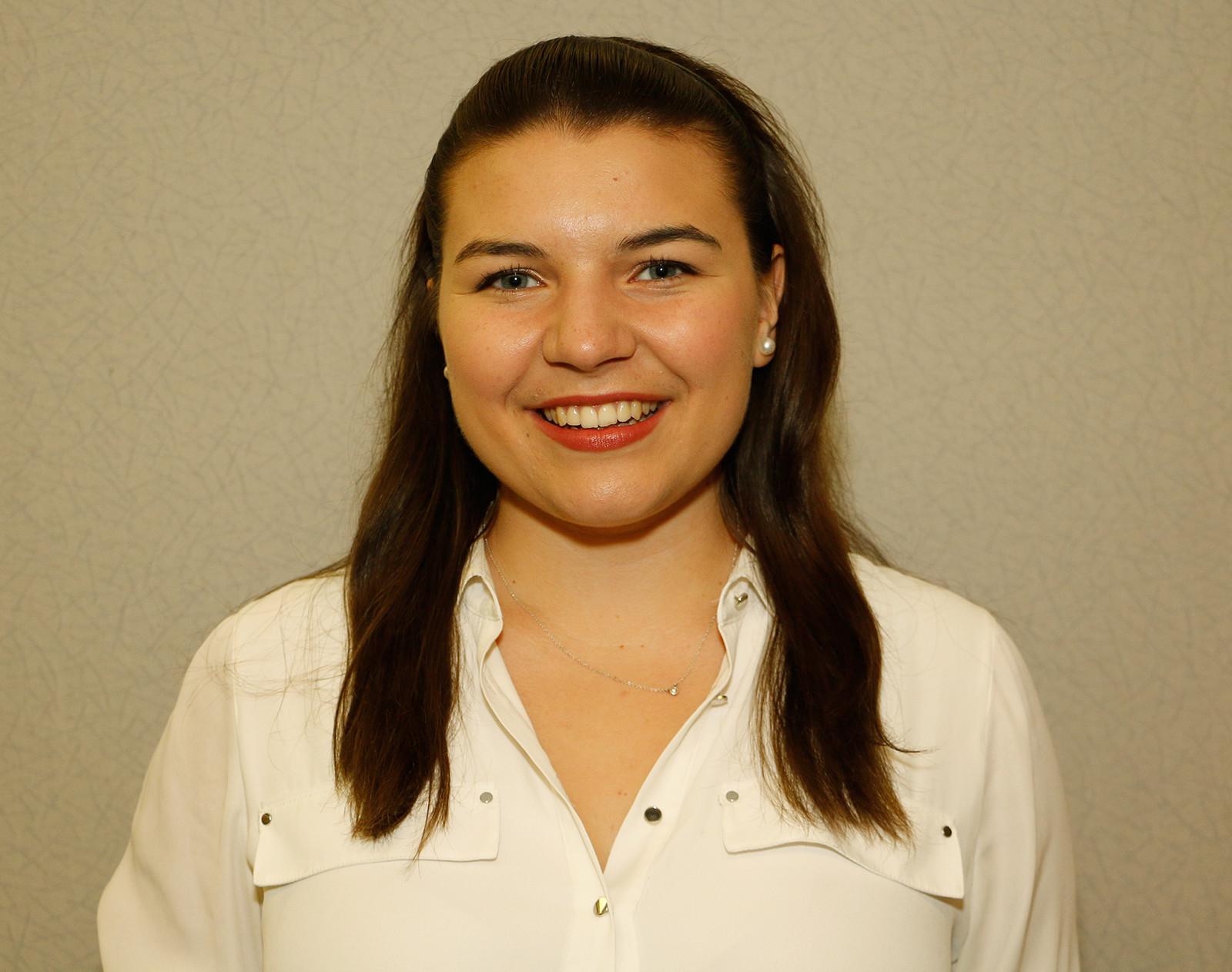I have a mental checklist when I meet a guy. I check off the qualities that I look for in a potential man: a good sense of humor, a level head, a sense of kindness, a love of TV crime shows and a hatred of crime, hopefully well-traveled, soft eyes, a good heart and an old soul.
I recognize that my idealized man is a list and a fantasy, nothing more than something I’ve created in my mind. Of course, my ideal man would be all these things and a good chef too, but the truth is, people aren’t just checklists and they’re not just three-worded qualities.
A man can have all of these qualities and still be mean to his mother, or hate dogs or do any other terrible thing I can think of. He could be kind but have a short temper and an even shorter patience.
The people around us, the ones we want to create relationships with — our friends, our lovers, our exes — are more than one-worded qualities and identifiers. They are human beings with experiences, quirks, qualities and histories.
Sometimes life has a way of so quickly knocking us off our feet that we can’t concentrate, and we forgot the mental lists that we have created: things to do, groceries to buy, dogs to spend the rest of our lives with and what to look for in potential relationship. This happens when I meet someone that seems unlike anyone else I’ve met. I almost automatically imagine them as the person I want them to be.
This happens more often than I’d like to admit, but only because I get carried away with the idea of that person. Armed with an overactive imagination and the ability to only see the good in people, I sometimes get myself into trouble.
The danger comes in a belief that a person is more than a person. This comes into play with those we chase because they seem “good on paper,” and we sometimes choose to ignore the qualities we do not favor. Once we qualify a person as their identifier, they lose the qualities we’d rather not associate with them.
We don’t want to believe that the “Ivy League athlete” is detached and cold. We don’t want to believe that the “romantic poet” will break our hearts. We never want to believe those we’ve idolized will do anything outside of our perfect perception of them.
We have to move away from idolizing someone and believing they are more than they have proven to be. We have to move away from ignoring the qualities we dislike in a person. This is not to say that we should ignore the things they could be, because it is true that people have the ability to change.
This is to take a step back from the perception of the perfect person. With our lovers and with ourselves, we have to take the time to recognize the flaws that may go overlooked because of our infatuation with the qualities we have idolized.
Someone once said to me, “It’s easy to love because of, it’s hard to love in spite of.” Though the quote seemed off-topic and unwarranted during my audition for the high school play, its sentiment still rings true.
This is not a call to arms or a call to action for people everywhere to lower their standards. We should never have to settle for less than we deserve or settle for less than what we want. This is also not to say that the people we involve ourselves with are not who they seem.
It is only to recognize our suitors, mates and lovers as they should be recognized — human beings with flaws and faults. The second we idolize someone we have feelings for, we set ourselves up for disappointment, because that person will never be able to meet the unrealistic expectations we have set for them.
My best advice is to take the people we consider potential suitors at face value. As a wise young lady once sang to tweens all across this country and abroad, “Nobody’s perfect.”
We shouldn’t hold onto the idea of someone because we like one version of them. We should learn to love not only “because of,” but we should also learn to love “in spite of.” In spite of clumsy hands, their dislike of your taste in music, rough hands and guarded heart and an underappreciation of TV crime shows, we should still love.
The parts un-idolized, the flaws, the faults are what makes someone interesting. They’re qualities that make this idolized process a little bit more real.


















































































































